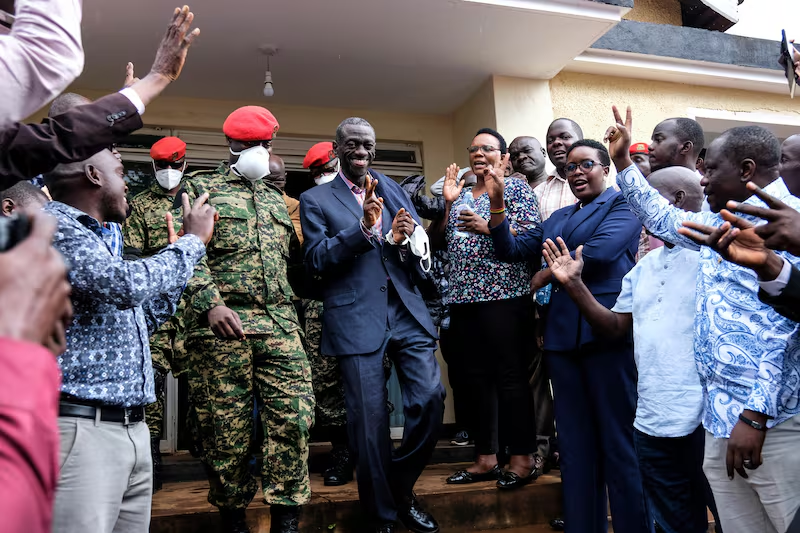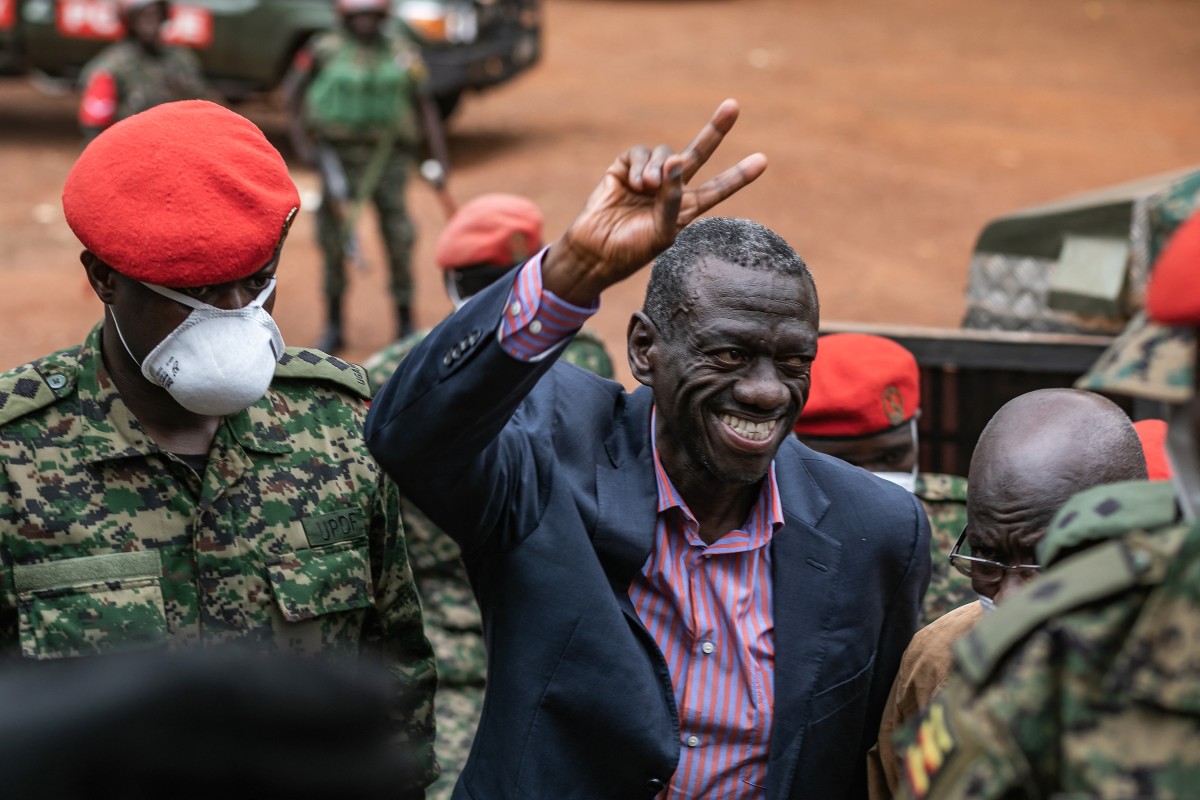Kenya is facing a political firestorm after admitting to cooperating with Ugandan authorities in the abduction of opposition figure Kizza Besigye in Nairobi last year—a revelation that has sparked outrage among human rights defenders and opposition leaders.
Besigye, a long-time critic of Ugandan President Yoweri Museveni, was abducted in November 2023 in the heart of Nairobi by unidentified armed men. He resurfaced days later before a military tribunal in Uganda, where he now faces treason charges that could carry the death penalty.
Kenya’s government had consistently denied involvement in the incident until Foreign Affairs Secretary Musalia Mudavadi publicly acknowledged the country’s cooperation with Uganda during a television interview on Tuesday night. “Kenya cooperated with the Ugandan authorities,” he said, adding that Uganda is a “friendly nation” and that Besigye had not sought asylum.
The admission triggered sharp condemnation from prominent Kenyan opposition leader Martha Karua, who is also Besigye’s lawyer. “Kenya is admitting to being a rogue state,” Karua said, accusing the government of orchestrating an illegal cross-border rendition. She called the move “completely outside of the law” and a “scandalous abuse” of sovereignty and legal procedure.

Karua further rejected Mudavadi’s justification of regional diplomacy, insisting that “cooperation must be grounded on the rule of law.”
Besigye, who once served as Museveni’s personal physician before becoming one of his fiercest political opponents, has been arrested numerous times over the years. Rights groups believe his current trial is politically motivated, especially with Uganda’s next election looming in January 2026, where the 80-year-old Museveni is expected to seek re-election.
Besigye’s trial was briefly moved to a civilian court following a hunger strike but faces fresh complications after Uganda’s parliament approved a bill on Tuesday allowing civilians to be tried in military courts—despite a recent Supreme Court ruling banning the practice.
After a brief hearing on Wednesday, Besigye’s trial was adjourned until May 29. His legal team expressed frustration at the repeated delays and denial of bail. “There is a tendency by court to keep adjourning this case and denying them opportunity to get bail,” said lawyer Erias Lukwago.
The controversy adds to growing concerns over shrinking democratic space in East Africa. Tanzanian opposition leader Tundu Lissu also faces treason charges ahead of elections later this year. Activists attempting to attend his trial were reportedly detained and deported, including Karua herself.
Rights groups have condemned the arrest and incommunicado detention of a Kenyan activist and a Ugandan journalist in Tanzania, calling for their immediate and unconditional release. Karua warned of a pattern of “collaboration to oppress citizens” across Kenya, Uganda, and Tanzania.


 Trending
Trending 
